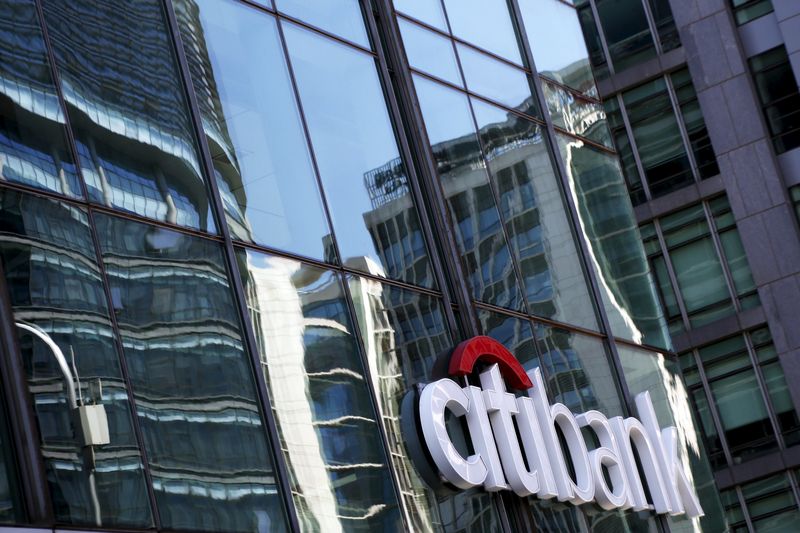Moody’s downgrades Senegal to Caa1 amid rising debt concerns
Investing.com -- The U.S. decision to pause newly announced reciprocal tariffs for 90 days will offer only limited economic relief, according to Citi economists led by Andrew Hollenhorst, who warn that the overall tariff burden remains significantly elevated.
While the pause allows other countries time to negotiate with the U.S., Citi notes that the average effective U.S. tariff rate is still set to rise by approximately 21 percentage points from its level at the start of the year—only marginally below earlier estimates.
“The baseline 10% tariff is being maintained against all countries,” Hollenhorst said, calling it a “substantial increase in many cases.”
The bank also assumes the 10% rate applies domestically and that tariffs on Canada and Mexico remain unchanged.
China, meanwhile, faces a sharp escalation. The U.S. will move forward with 105% tariffs on Chinese goods, in addition to previously announced 20% levies tied to border and fentanyl concerns, and a preexisting 10% effective rate.
Sector-specific tariffs remain intact on autos, steel, and aluminum, with new tariffs on pharmaceuticals and semiconductors expected.
Citi cautions that even if some China-specific tariffs are later rolled back, that relief could be offset by higher sectoral duties or the return of reciprocal tariffs after the 90-day pause.
“In short, to a first order approximation, the rise in effective tariff rates is not that much less than we had been forecasting,” Hollenhorst added.
